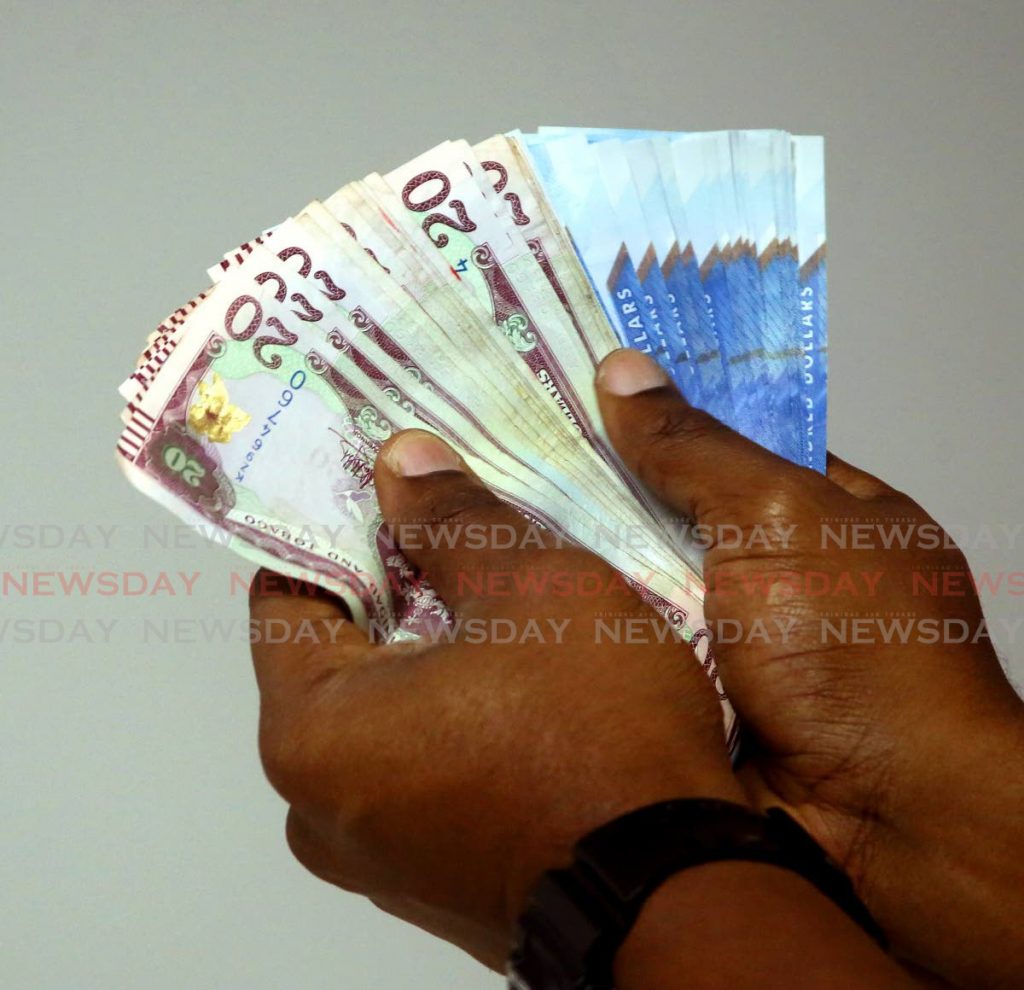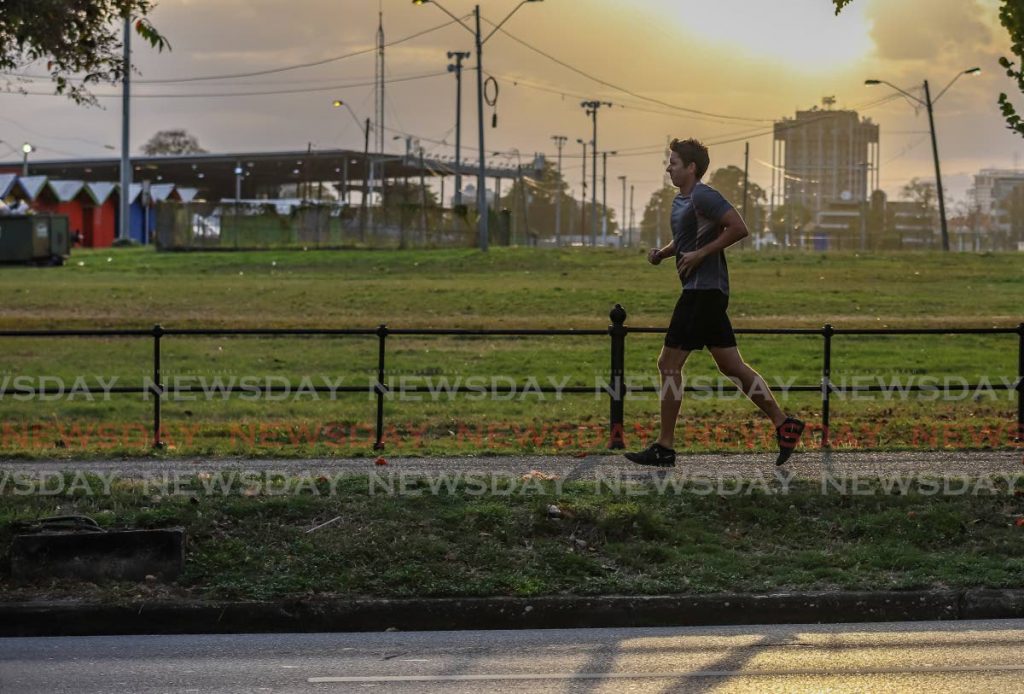Economic markets must give power to the people

KIRAN MATHUR MOHAMMED and JUSTIN RAM
Until we acknowledge that our personal freedom is deeply tied to our economic freedom, we will not find greater fulfilment, economic or otherwise.
As the Union Jack was hauled down and packed away, a group of men was already rolling up their sleeves. Flush with new-found power and righteous determination to wield the levers of the state in the interests of its own people, our post-independence leaders got to work.
Much of this was to the good – mortality and poverty declined.
However, in the last couple of decades, we have stumbled. This culminated in the average GDP per capita of the Caribbean dropping below the global average around 2016. Our economies have stalled, our public-sector indebtedness is amongst the highest globally, and we cannot compete economically. Why is this?
Much of it is the legacy of state intervention. Nowadays, the answer to almost any social ill, from crime to high prices to unscrupulous churchmen, is that governments should somehow regulate the problems away. This is immensely entrenched in society. Part of this is because we have not specifically defined the goals of government, other than that it should solve problems.
This thinking is so pervasive because most people don’t imagine the consequences of demanding more regulation would ever apply to them. In reality, they almost always do. To take one example: in some islands it is well-nigh impossible for a non-citizen to sell their house. The rationale for this is that it is to protect locals and prevent rich foreigners from pricing locals out of the market. So far, so good! Protect our people.
Until, that is, you want to sell your house, and struggle to find a buyer, and find yourself caught between two mortgages.
It is the nature of regulation that its implementation removes freedom from everyone. For decades we have been trading away the freedom that our independence leaders so proudly won, for a faceless nameless bureaucracy (as distinct from individual hard-working civil servants) that has no incentive to care about us.
But we forget that by supporting these simultaneously overstaffed and overstretched government organs, we are robbing ourselves of other freedoms that might be afforded to us: freedom to apply for a better job, freedom to travel more easily, freedom to walk around a park at night. These are all things that that money could go towards if reallocated towards productive activity in the government or private sector.
According to the Fraser Institute’s Economic Freedom Report, ranking countries by quartiles from the least free to the most free, the poverty rate is almost 30 per cent in those countries ranked “least free,” but less than five per cent in those ranked “most free.”
In fact, even the poorest ten per cent in the “most free” countries have incomes almost 12 times higher than the “least free ones.” Not just income, but literacy, life expectancy, and life satisfaction, are higher in more economically free countries. It is therefore safe to say that people are better off in charge of their own lives and making their own economic decisions.

We believe that from the provision of utility services, the provision of subsidies and many other public services that we have grown accustomed to, the state must now facilitate greater economic freedom. This includes a platform that encourages entrepreneurial activity and the provision of many public services by the private sector, therefore giving citizens a greater choice and freedom.
The market is not a bunch of faceless oligarchs (though to be sure regulatory capture has enabled crony capitalism). The market – if unfettered – is just you and I working together. We believe that the individual and consequently the market are the best decision-maker. When markets are allowed to work, people are free, and the best decisions are made.
We are not naive, and we understand that there are times when markets fail, like when pollution occurs or when there is excess road congestion. In times like these, we must expect the government to intervene.
However, history is full of examples that show us that the subsequent crises begins when governments intervene. The genesis of the many financial-sector crises in the US can be traced back to government interventions. So intervention should be the last option and well thought through.
The Caribbean will only escape our position of steady decline if we forcefully reclaim our personal freedoms. If we believe that people are happier and more prosperous when they are free to make their own decisions, we need an honest dialogue about the state's role and how we can improve economic freedom.
Kiran Mathur Mohammed is an economist and co-founder of medl, an IDB lab-backed social impact health tech company. Justin Ram is an economist, the CEO of fintech company GSEC and CEO of Justin Ram Advisory.


Comments
"Economic markets must give power to the people"